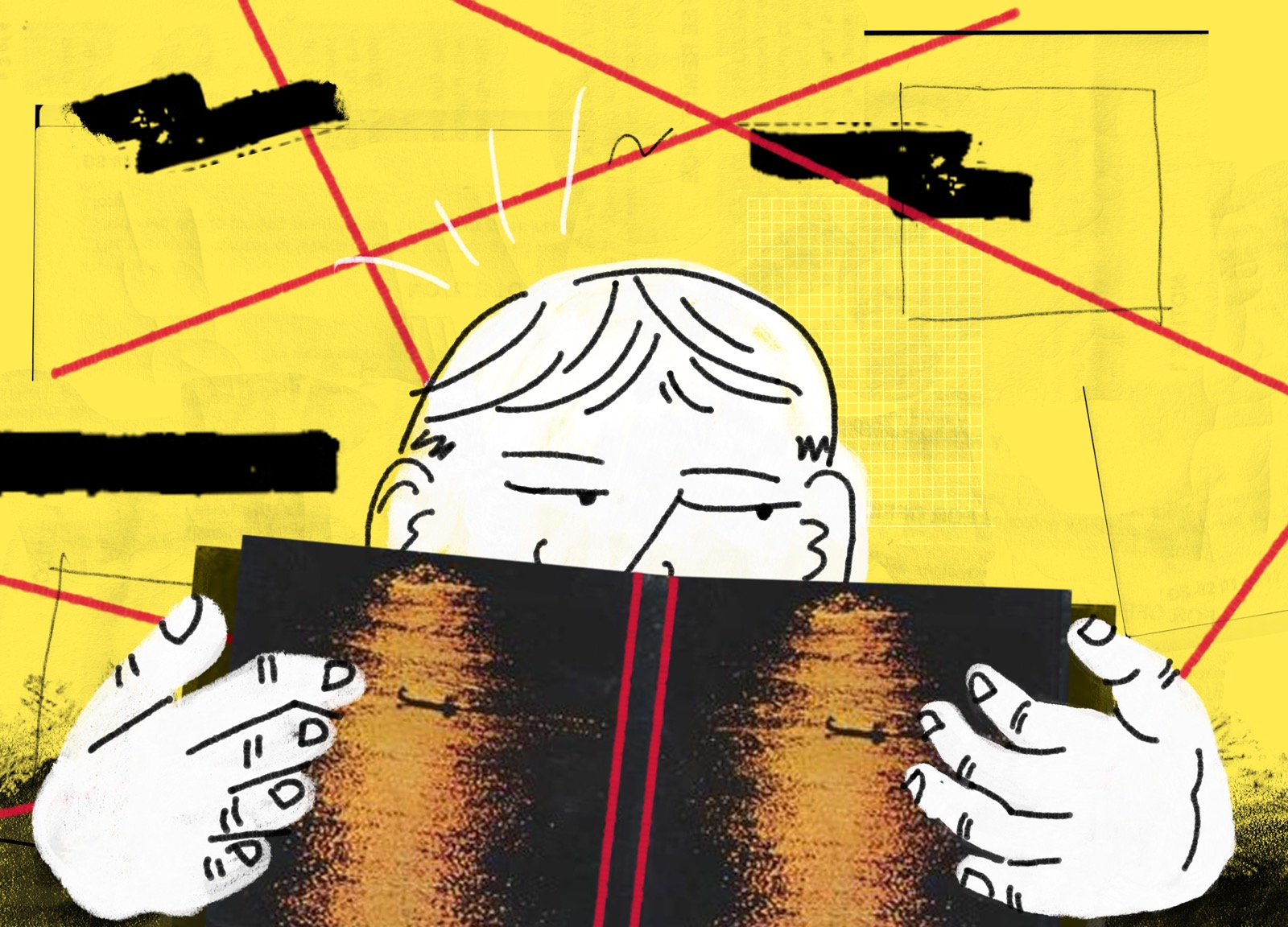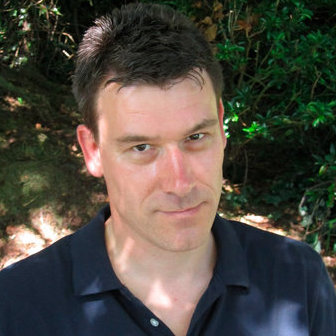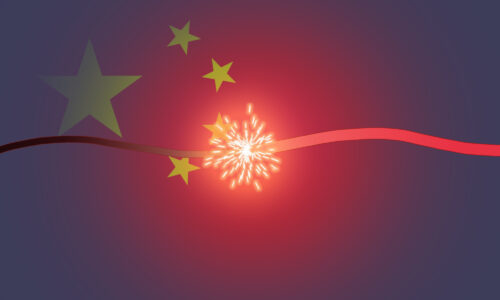What a John le Carré novel can teach about China
John Le Carré’s Asia-set magnum opus is his 1977 novel "The Honourable Schoolboy." The book is one of le Carré’s most personal, offering us a number of insights into Asia and China that are key to understanding the trajectory of Western relations with China after World War II.

The preeminent master of spy fiction David Cornwell, a.k.a. John le Carré, died last December. Since then we’ve had a chance to remember how much his writing changed the way we think of espionage storytelling, and indeed international espionage itself. After all, he popularized a vocabulary — Joes, Moles, lamplighters, babysitters, honey traps, Moscow Center, the Circus…
Le Carré’s Asia-set magnum opus is his 1977 novel The Honourable Schoolboy (THS), which flits between George Smiley at MI6 (“the Circus”) in London and Hong Kong, with a detour to Vientiane, the capital of Laos. The novel follows Tinker, Tailor, Soldier, Spy (1974) and Smiley’s uncovering of Bill Haydon as a highly placed KGB mole in the Circus. Haydon is caught, but the fallout leads to the potential destruction of British Intelligence by Smiley’s nemesis Karla, head of Moscow Center. THS is the story of Smiley’s attempt to rescue the reputation of British Intelligence and move from the defensive to the offensive, to take the game back to Karla and to destroy the KGB’s valuable Asian network. But THS is also one of le Carré’s most personal books (along with 1986’s A Perfect Spy, which recreates his own peripatetic childhood and conman father), while also offering us a number of insights into Asia and China that are key to understanding the trajectory of Western relations with China after World War II and up to the 1997 handover of Hong Kong.
What are those insights? Well —
Le Carré’s 10 China history lessons in The Honourable Society
1. Bad Sinology: After 1949, British Intelligence was, according to le Carré, almost bereft of any serious Sinological understanding. Le Carré’s most recent biographer, Adam Sisman, recounts that one of young David Cornwell’s tasks when first recruited by the Service in the 1950s was to investigate potential Chinese industrial espionage against the UK. MI5 (Britain’s domestic counterintelligence and security agency) believed that China’s spy agency, the Central Investigation Department, was recruiting overseas students. Le Carré checked out some Chinese students, as well as others from Hong Kong, Singapore, and Malaysia — all ethnically Chinese students were deemed suspect. He uncovered not a single agent. What is useful to know when trying to understand British Intelligence’s capabilities regarding China in the immediate post-war period is that le Carré was astonished to find that the Service’s China “experts” were mostly retired pre-war missionaries with rather austere views on China and the Chinese, and decidedly imperfect language skills. In THS, le Carré invents a character, Doc di Salis, who, though a former missionary, is everything the real self-proclaimed “China Hands” he’d encountered were not: an expert on Communist China who is also fluent in a number of dialects.
2. “Stay-Behind Agents”: Le Carré was convinced that both Soviet and Western intelligence had arranged for “stay-behind” spies to remain under deep cover in the new communist state. These were mostly Chinese citizens untainted by known affiliation with the pre-1949 Nationalist regime and with no apparent overseas contacts or education that would make them suspicious. In THS, Nelson Ko is a stay-behind who has risen to a high position in the Shanghai shipyards and is feeding back information on China’s naval capacities while appearing to be a loyal party member.
3. KGB Moles in Red China: Even without the rancor of the Sino-Soviet split, le Carré is quite clear that Moscow Center had its own network in China. Most appear to have been recruited after being sent to study at Russian institutions — Nelson Ko was recruited by Karla at Leningrad University. Makes one think, considering most senior pre-1949 CCP leaders who became high officials in the Mao Zedong and Deng Xiaoping administrations spent some time in Russia, while many in the later Jiang Zemin and Hu Jintao administrations were graduates of Russian universities.
4. KMT Rogues in Southeast Asia: The notion of renegade, and uncontrollable, former Kuomintang army units who never surrendered (or went to Taiwan) is longstanding and true. Le Carré reminds that many later involved themselves in organized crime, smuggling narcotics in the Golden Triangle, Myanmar, Thailand, and throughout southeast Asia. Their reach was across the region — in THS, they operate from Kowloon to Laos, while their smuggling involves regular incursions into PRC airspace and territory.
5. The Disappeared: Le Carré’s Sinologist di Salis is quite clear that just because people appear to disappear from the official records in China, they may not be dead, but rather disappeared: “There are more ways than one of dying in China, aren’t there, and not all of them are fatal! Disgraced, is that a better expression?”
6. The “Shanghai Mind”: The term was originally coined by the journalist and children’s author Arthur Ransome, visiting Shanghai in the 1920s. He wrote that the British who ran Shanghai believed “…that their primary allegiance was to Shanghai…if they belong to England at all, it is to an England that no longer exists.” Di Salis suggests that the Shanghai Mind persisted long after the war and contaminated British Intelligence’s ability to accurately understand the new PRC.
7. Sovs Repelled: Le Carré is quite clear in THS that Karla’s agents have totally failed to penetrate Hong Kong. Their efforts to bring in agents by freighter thwarted, their attempts to bribe Russian émigrés in Hong Kong hopeless. The Service is quite clear about how to handle KGB penetration efforts — “As soon as they’re caught, right away, culprits are put on public show. Press photographs? As many as you like, gentlemen. Television? Set up your cameras please.”
8. Useful Colonialists: Voiced through a discussion among Whitehall Mandarins, le Carré suggests that during the Sino-Soviet split, Beijing was content to see Hong Kong run by Britain and encouraged their unequivocal ousting of any KGB actions in the colony and by default on their doorstep: “Peking hands us a nice pat on the back for containing Soviet expansionism.”
9. Don’t Piss on the Upcoming Parade: And le Carré also explains just why the Brits were so determined to root out and expel KGB agents in the colony. The Handover is 20 years hence, and negotiations are about to begin between London and Beijing — “…a major Soviet intelligence presence in Hong Kong would be an appalling embarrassment to the Colonial government in her relations with Peking.” Oliver Lacon, a civil servant on the intelligence committee, tells Smiley’s trusted colleague Peter Guillam, “We are therefore not only protecting Hong Kong from the Russians — which is bad enough, but…we are also protecting her from the wrath of Peking, which is universally held to be awful…” My enemy’s enemy is my…well, le Carré suggests it’s a bit more complicated than that, but Cold War realpolitik operates in Asia too.
10. Planning an “Eastern Novel”?: And finally, le Carré gives us some thoughts (not his own, but probably more rants he was subjected to in London gentlemen’s clubs while researching THS), through the voice of “Ming” Mencken, a blustering English literary agent who thinks perhaps Jerry Westerby (Fleet Street hack out East and part-time spy) should try and write a novel about Asia — “Nobody’s brought off the eastern novel recently in my view. Greene managed it, if you can take Greene, which I can’t, too much popery. Malraux if you like philosophy, which I don’t. Maugham you can have, and before that it’s back to Conrad.” And bringing lunch to a sudden end, one final piece of literary advice for those considering “an eastern novel” — “Go easy on the Hemingway stuff. All that grace under pressure, love with your balls shot off. They don’t like it, my view. It’s been said.”
John le Carré took his shot at the “eastern novel,” and The Honourable Schoolboy was the result. It’s still a masterpiece and an essential read.






